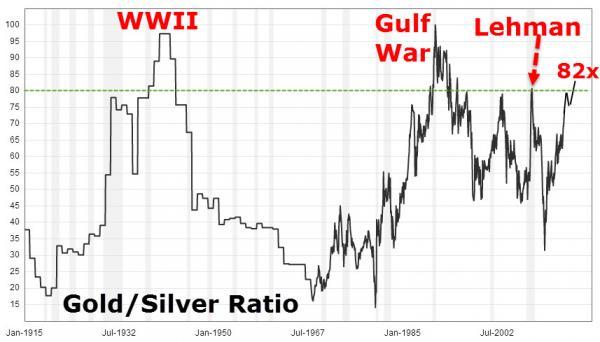Why Americans Don't Save More Money
Geege Schuman stashed this in Economics
Stashed in: Awesome, America!, economics, Personal Finance, Personal Finance
So, why don’t Americans save money? A complete answer should take into consideration three things:
(1) Since the phenomenon is new, its cause must be new.
(2) Since the decline in savings among rich countries is global, its cause must be global.
(3) Since America’s poor and middle class are so especially ill-prepared for retirement, there must be something “special" about America.
Most people are just trying to make ends meet.
The article doesn't even mention interest rates set near 0 by clueless bureaucrats, which artificially dis-incentivizes savings on a massive scale?
I tucked that under theory 4.
I agree with Pipe. When savings offer interest, more people save.
Oh, I immediately interpreted it as interest on credit (encourages spending) not interest on savings.
Interest on credit is quite expensive. Which should discourage people from borrowing.
But high credit interest does not discourage borrowing.
Unfortunately the overall effect of fiscal policy has been major destruction of savings and investment. You could think of the interest rate in a free market as capturing the aggregate "time preference" for money that people have, just like the price of bananas captures their aggregate preference for bananas. Just as a market price for bananas coordinates supply and demand for bananas so that there is neither a supply nor a shortage, a market-set interest rate *would* coordinate the needs of people who want stuff now versus people who want stuff later (e.g. people thinking about retirement). If more people want to have money later more than they want it now, interest rates naturally go up, savings and investment ensue, which leads to real value developing that can pay the savers later. On the other hand, when the interest rate is set top-down, by politicians, the rate is very unlikely to correspond to the market rate. So the economy won't supply people as well to meet their needs... i.e. for retirement. It's a good example of how economic manipulation can be equated to economic misinformation. Money acts as an information signal, and distorting prices is like lying to people. In this case, distorting the price of money downwards is like telling people that there is no incentive to saving for later. Unlike regular lies, though, economic manipulations can become self-fulfilling prophecies.
That the Atlantic doesn't even mention this elephant in the room shows you what a propaganda rag they are. Although they seem to have pretty high standard on article quality, given this.
Thank you for the explanation. I get it now.











8:43 AM Apr 19 2016